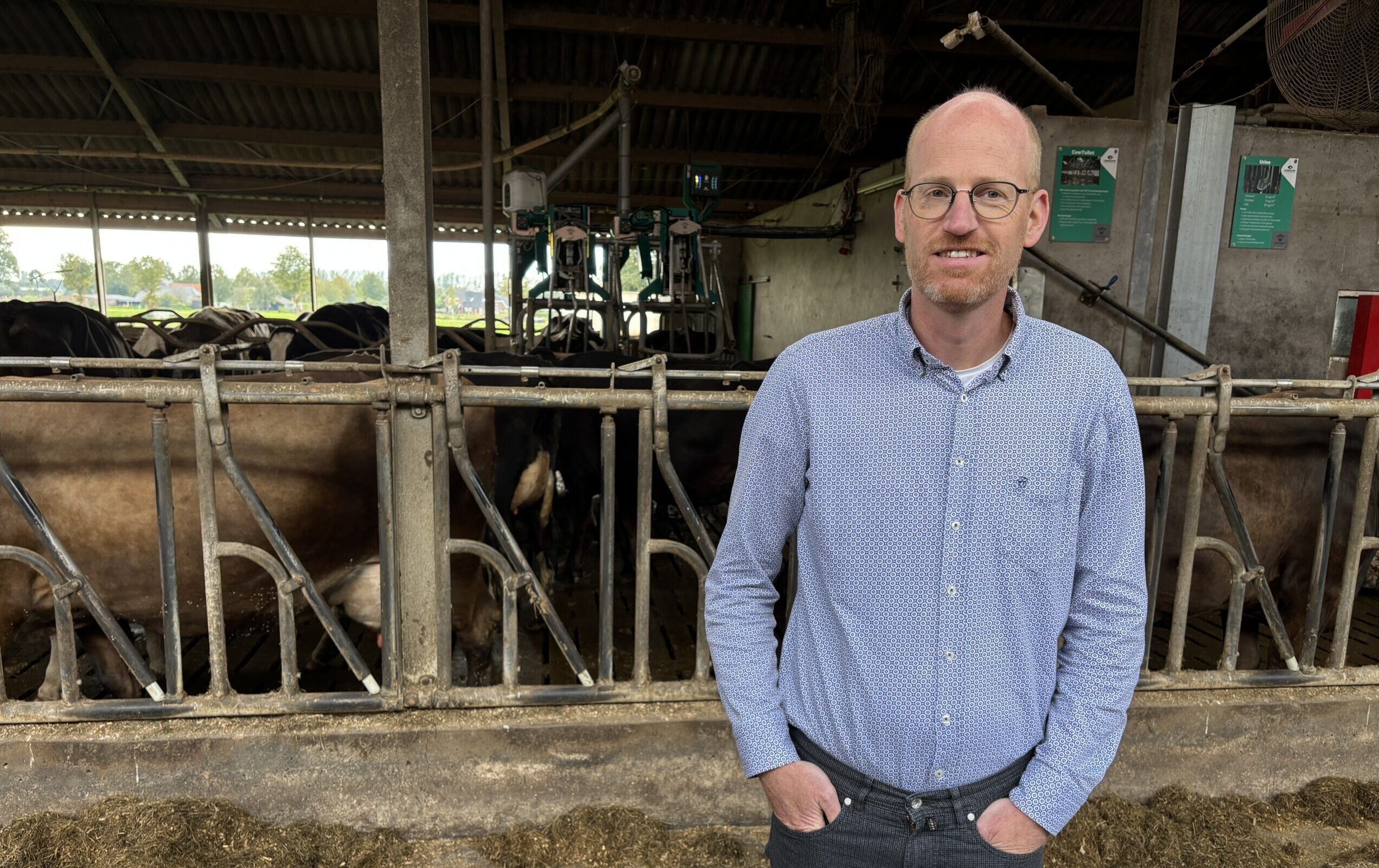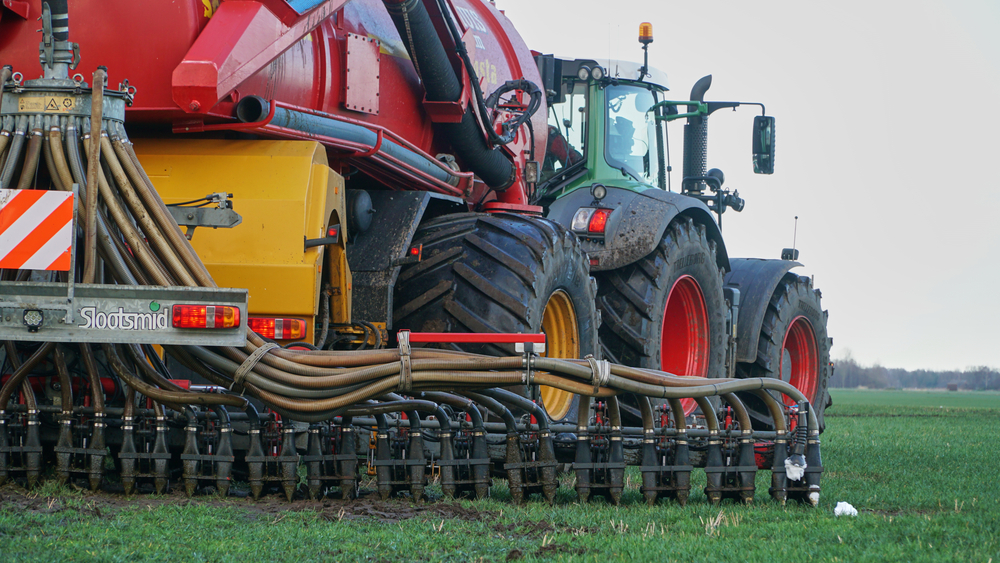Can cow urine be a substitute for artificial fertilizer, and what does that mean for circular agriculture and the profitability of dairy farms? Wageningen Livestock Research will be studying this in the PPP project Reinventing Circular Dairy Farming.
The four-year project will be carried out on various dairy farms equipped with a LelySphere (from the Lely company) or a CowToilet or VrijLevenStal (from the Hanskamp company). ‘These are modern, low-emission barn systems that produce new manure products such as urine,’ explains project manager Harm Smit.
The dairy farmers don’t necessarily have to be fans of scientific research to want to take part in this project. That is because there is another important incentive for participants: a four-year exemption from the Fertilizers Act, whereby the cow urine that is collected separately is designated a substitute artificial fertilizer, and can therefore be used over and above the limit for livestock manure. Now that the end of the derogation is in sight (see inset), that could save them tens of thousands of euros a year.
Initially, we will mainly be looking at the quality of the manure products generated by the farms
The results should show whether urine can be given the status of artificial fertilizer and whether it should be designated RENURE (recovered nitrogen from manure) under the Nitrate Directive. The Ministry of Agriculture is prepared to offer up to 100 exemptions to enable this study, to be divided equally between clients of Lely and Hanskamp. This is on condition that the farms cooperate fully with the research. WUR scientists (‘from both the animal side and the plant side,’ says Smit) will monitor the participating farms in various field and greenhouse trials.
Barn versus field
‘Initially, we will mainly be looking at the quality of the manure products generated by the various farms: what do they contain in terms of nitrogen, phosphate and potassium, and how much organic matter do they have? And how does that compare to the RENURE criteria?’ says Smit. Later on, the scope of the project will widen. ‘We want to find out how the new manure products can be put to best use. In other words, how can they be spread on the land at the right moment, in the right quantity and using the right application method?’
The deadline for dairy farmers to register for the first enrolment period was last week. Seventy-two farms applied in total (30 via Hanskamp, 42 via Lely). The Netherlands Enterprise Agency (RVO) expects to reach a decision on the participants in mid-February, just before the start of the new manure season.
Derogation
Given that Dutch water quality is still substandard, Brussels is set to stop making an exception for Dutch farmers in the amount of livestock manure they are allowed to spread on their land. This exception (or ‘derogation’) is being phased out and will end altogether in 2026. Farmers will then only be able to spread up to 170 kilograms of nitrogen per hectare in animal manure, compared with 230 to 250 kilos in the past. This means farmers will have to use artificial fertilizer to improve the mineral content of the soil and will need to have far more manure collected than at present. The costs could be up to tens of thousands of euros per farm.

 Project manager Harm Smit at a dairy farm with a CowToilet (the contraption in the centre of the barn). Photo Resource
Project manager Harm Smit at a dairy farm with a CowToilet (the contraption in the centre of the barn). Photo Resource 